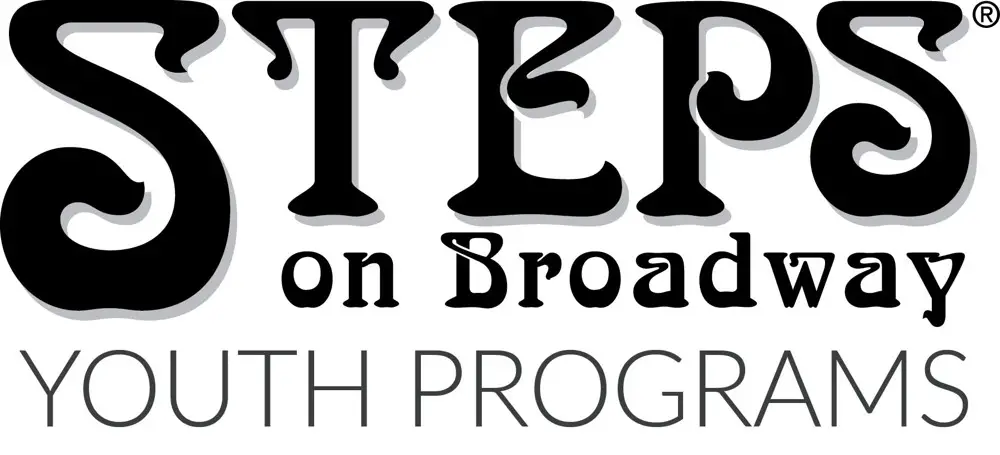How to Be an Effective Disciplinarian to Your Child with ADHD
Get can’t-miss family activities sent to you!
Get the Best Family Activities
Lisa Navarra has an M.S. in special education and is the founder of Child Behavior Consulting, LLC in Suffolk County, Long Island. As a special-needs consultant and behavior specialist, Navarra facilitates parenting groups, individual consultations, and workshops on effective discipline and dealing with difficult behaviors.





.jpg)


